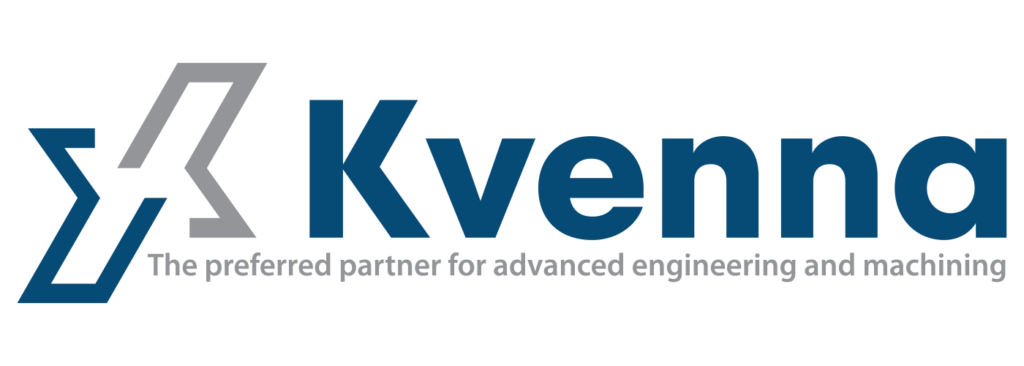TRANSPARenCY ACT
Kvenna AS places significant emphasis on responsible procurement, committing to uphold environmental standards, workers’ rights, and compliance with laws and regulations. These principles are integrated into our procurement agreements with suppliers and deeply embedded in our organizational culture, as reflected in our ethical guidelines. This ensures accountability among business partners and throughout our supply chain.
Due Diligence Assessment
Kvenna regularly conducts due diligence assessments in accordance with the OECD Guidelines for Multinational Enterprises.
Specifically, the Act on Transparency requires the execution of due diligence assessments that include the following:
- Anchoring accountability in the company’s policies.
- Identifying and assessing actual and potential adverse impacts on fundamental human rights and decent working conditions caused or contributed to by the company, or directly linked to its operations, products, or services through supply chains or business partners.
- Implementing appropriate measures to stop, prevent, or mitigate adverse impacts based on the company’s priorities and assessments.
- Monitoring the implementation and results of measures.
- Communicating with affected stakeholders and rights holders about how adverse impacts are addressed.
- Ensuring or collaborating on remediation and compensation where necessary.
Kvenna continuously adapts internal procedures and actively engages with the supply chain to reduce the risk of products supplied resulting in actual or potential adverse impacts on fundamental human rights and/or decent working conditions.
In its due diligence assessment, Kvenna has placed extra emphasis on the product categories identified by the Norwegian Agency for Public Management and eGovernment (DFO) as “product categories with a high risk of human rights violations in the supply chain.”
Among these product categories, Kvenna is most exposed to risks related to the supply chain for steel and castings, transportation, workwear, footwear, and products containing conflict materials.
Several suppliers of these product categories have documented good practices to ensure their supply chain complies with the OECD Guidelines for Multinational Enterprises.
Based on the risk assessment of all suppliers to Kvenna, documentation is obtained to ensure that suppliers fulfill the obligations of the “Act on Transparency.”
For suppliers who have not yet implemented these practices, we require that the “Contractual Terms for Ensuring Fundamental Human Rights in the Supply Chain” prepared by the Norwegian Agency for Public Management and eGovernment, are included as an addition to the terms already agreed upon with the suppliers.
Kvenna’s customers can be assured that the goods and services we provide do not have adverse effects on fundamental human rights and decent working conditions.
Should Kvenna, against expectations, discover adverse conditions, these will be reported in accordance with the Act on Transparency, and measures will be implemented to rectify the situation.
Information Duty
You have the right to information on how we handle actual and potential adverse effects in general, and for individual goods or services.
Feel free to contact us for more information, or read more in this document.
The easiest way to reach us is by sending an email to .


